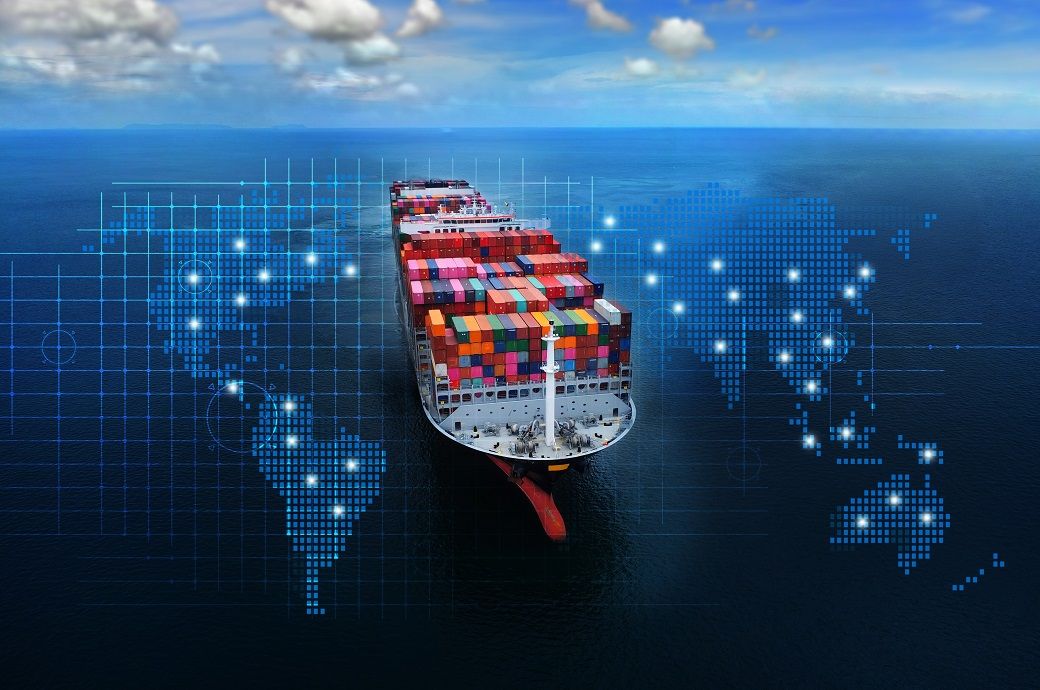
The World Trade Policy Uncertainty Index reached record levels in the first quarter of 2025, reflecting the volatility that has unsettled firms across industries. Businesses were forced to stockpile goods, reroute shipments and front-load imports, with volatility in US trade volumes evident even before tariffs took effect. The cost of unpredictability often outweighed the tariff burden itself.
UNCTAD noted that uncertainty has spilled beyond trade into financial markets, amplifying exchange rate swings, tightening capital flows and raising borrowing costs. For developing economies, where access to trade finance is already limited, this has translated into squeezed credit, curtailed investment and deeper fiscal fragility at a time when global interest rates remain high.
The report also emphasised the erosion of trust and cooperation as governments adopt unilateral measures in the absence of clear rules, inviting retaliation and feeding instability across supply chains. While advanced economies experienced steady import patterns, developing and least developed countries saw sharper swings in early 2025, highlighting how the most vulnerable remain the most exposed.
The Global Trade Update stressed that volatility punishes those least able to absorb it, underlining the need for corrective measures. Restoring stability and predictability through diversified markets, stronger trade agreements and advance communication of policy changes is essential. UNCTAD concluded that uncertainty has become the new tariff, and its price is being paid across the world economy, threatening trade’s ability to act as a driver of global development.
ALCHEMPro News Desk (KD)
Receive daily prices and market insights straight to your inbox. Subscribe to AlchemPro Weekly!